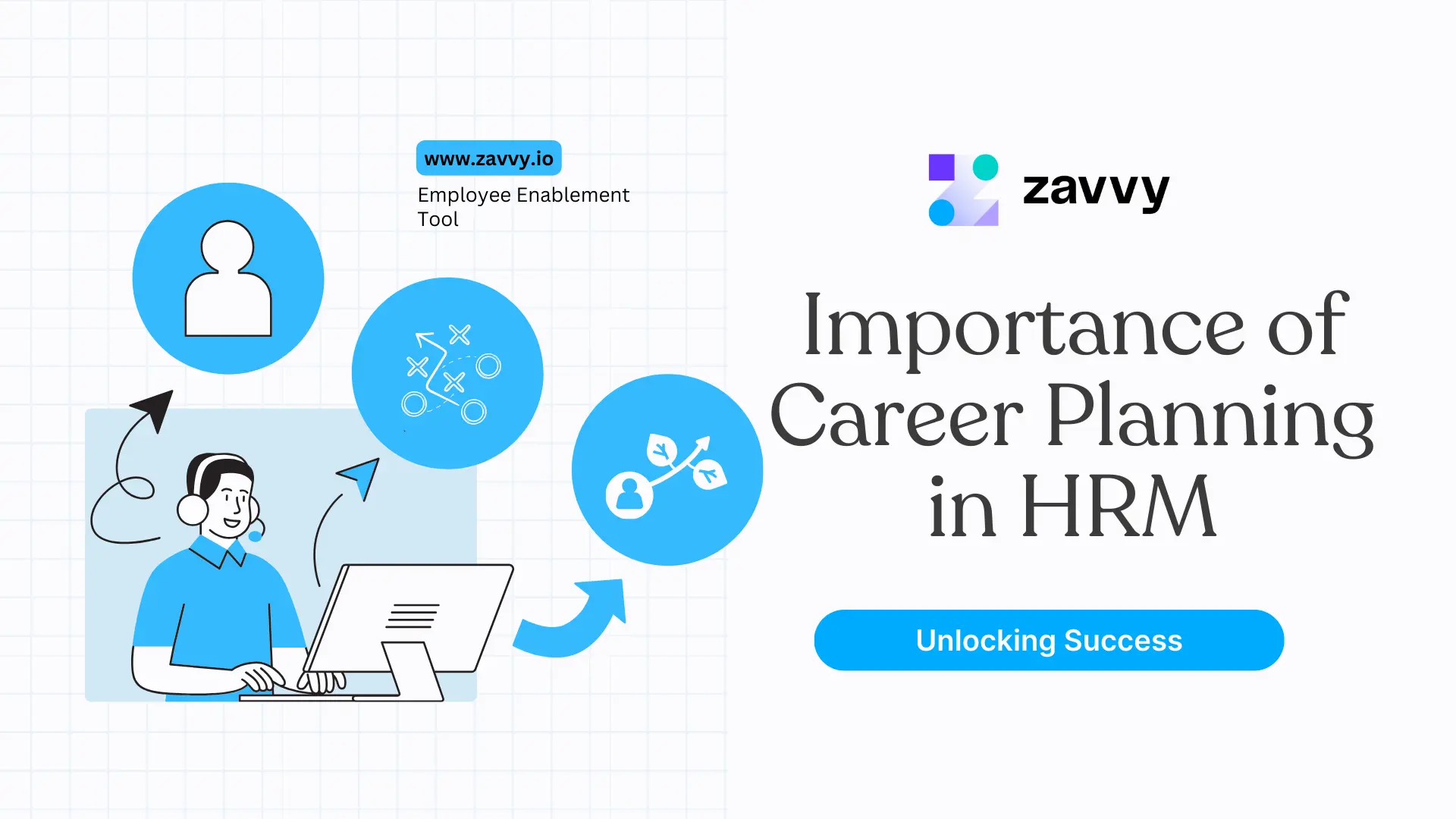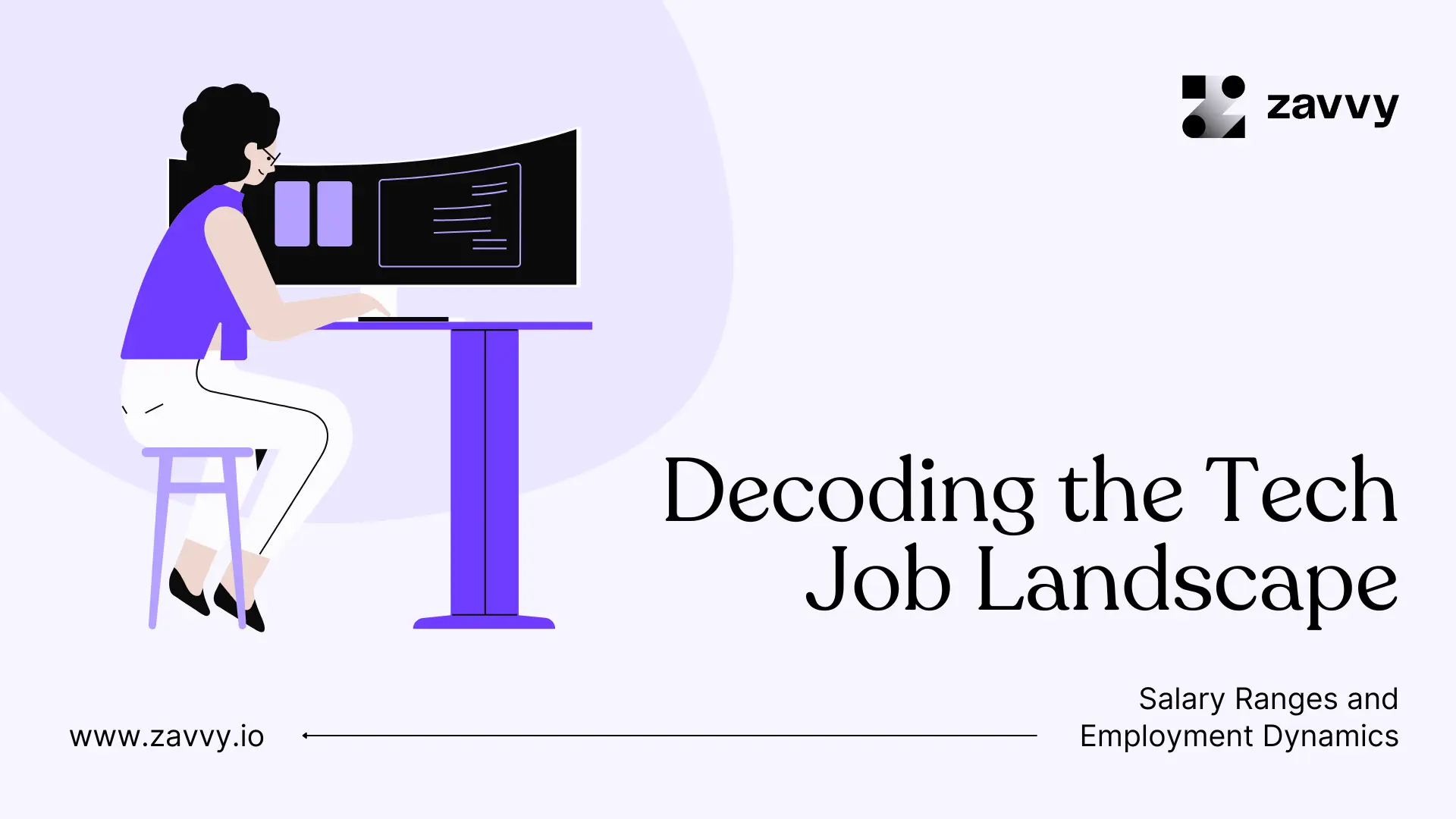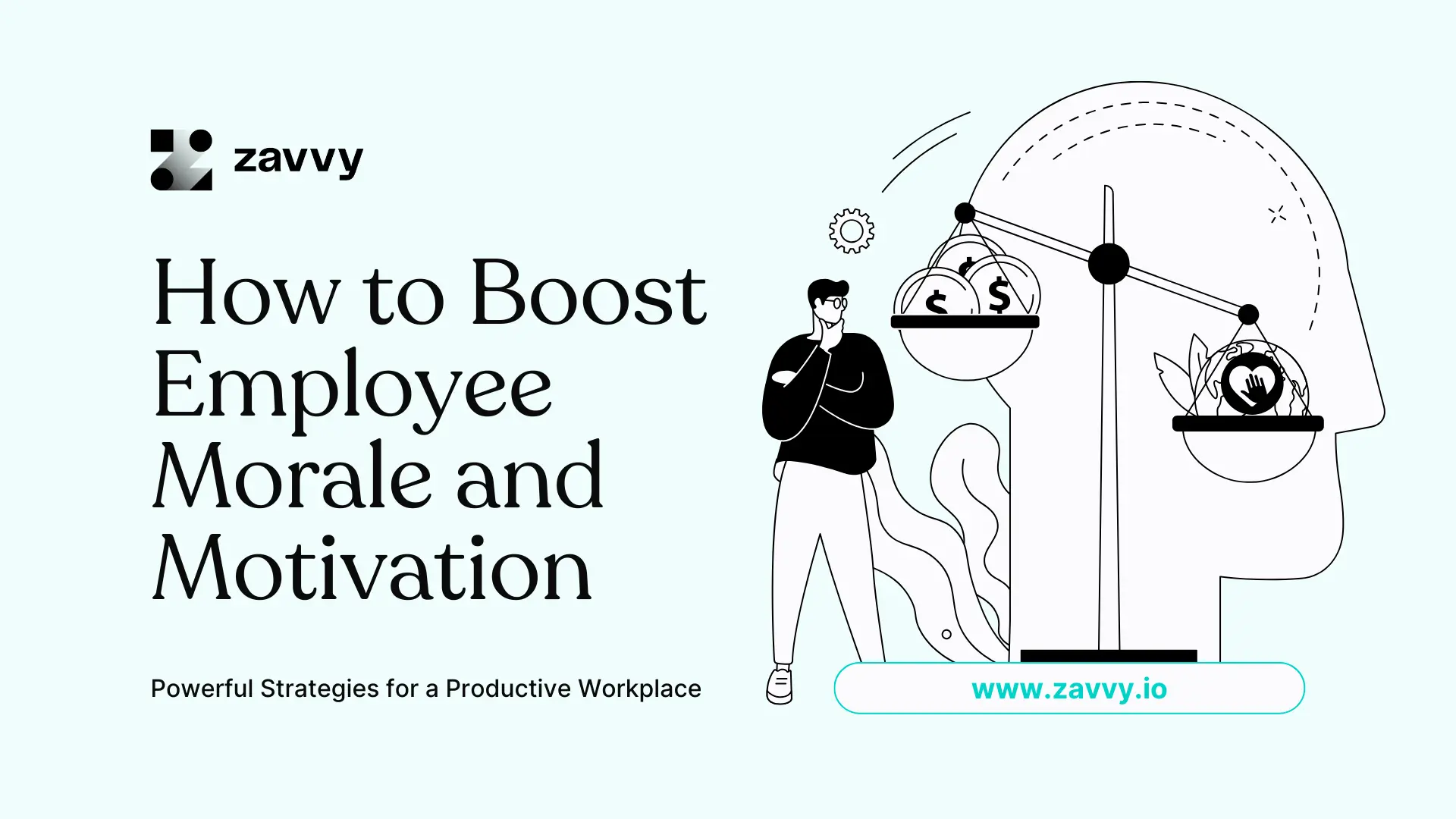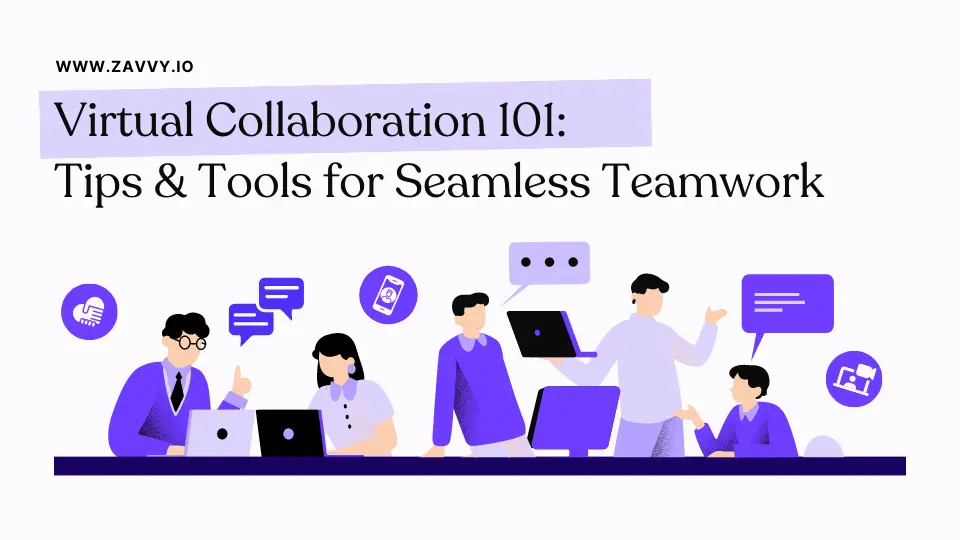
33 Internal Interview Questions to Ask Your Applicants
Zuletzt aktualisiert:
5.1.2024
Lesezeit:
10 minutes
última actualización
5.1.2024
tiempo de lectura
10 minutes
Last updated:
January 5, 2024
Time to read:
10 minutes

As more employees look to have higher roles in a company, hiring managers need to work their way around the complexity of the internal hiring process and internal interviews. You must know the right set of internal interview questions to ask to determine the best candidate for the position. Or else, you'll risk losing the trust and morale of your most dedicated employees.
This article will give you an in-depth overview of the questions to ask in an internal interview. You will also discover the similarities and differences between external and internal interviews.

💬 What is an internal interview?
Most employees dream of moving up the career ladder. They desire more influential roles with better benefits and opportunities or simply experience something completely new within your organization. However, before being able to take on a new role internally, your internal candidates must first endure an internal interview to get closer to this dream.

Hiring managers conduct internal interviews to assess whether an existing employee is fit for a new role they're seeking within the organization. The internal interview involves several questions aimed at determining their motivation, behavior, communication skills, and leadership style.
For example, employees who want to get promoted to a managerial role will undergo an internal interview. Hiring managers will ask questions about their skills and past track record and decide whether they can handle the new job and lead their own team.
🆚 How are internal interviews different?
While external and internal interviews seem alike, there are primary differences between the two application processes. They mainly differ in their overall costs, duration, and the set of questions asked.

Hiring is a lot cheaper
For one, internal interviews are a lot cheaper than external interviews. Since you're hiring from the company's existing employees, you no longer need to set up job listings and advertisements for external candidates.
Hiring time is much faster
You can also expect a much faster hiring time for internal interviews. There's no need to wait several weeks or months to source external candidates, do background checks, and file paperwork. All you need is to check within teams and departments.
Interview questions are more in-depth
In terms of questions, your goal is to ask internal candidates more in-depth questions about themselves and their time in the company to date. These questions can be about their leadership style, management style, track record in the company, understanding of the business' operations, and other related questions.
Internal interview advantage: You can skip questions that assess cultural fit.
❓ 33 questions to ask in your internal interviews
Identifying the right set of internal interview questions is vital to any business. Depending on the outcome, it may make your employees feel appreciated or unappreciated for their contributions to the company.
With that, here's an outline of the relevant interview questions you may want to consider:
- on motivation
- on adaptability
- on behavior
- on leadership
- on collaboration
- on hard skills.

The right balance of these questions will allow you to assess whether a candidate from your existing workforce is fit for the job. You can probably safely conclude that cultural fit is no longer an issue since they have been working for the company for a while already.
Pro Tip: Just because someone is a strong performer in a current role is not an automatic guarantee that they will be a perfect fit for the new position. So the focus should be on determining whether they match the competence profile of the new role.
Pro Tip: Ensure you have a robust new manager training program to support those taking a management role for the first time.
Internal interview questions focused on motivation
A candidate's motivation is crucial to determine their response when challenges and extreme pressure will inevitably arise. It can also give you a glimpse of their willingness to learn and grow in their new role.
If an employee is only applying for the new role because they want to get back at someone, there's a big chance they won't stand the job. Someone without a clear or firm motive for applying may also fall out of track easily once they're in their new position.
However, this particular trait is difficult to assess with pen and paper. So here are some of the best questions to ask on motivation for internal interviews:
- What made you interested in this new role?
- What do you like about your current position?
- What keeps you motivated to continue working for the company?
- Where do you see yourself five years from now?
- What's one thing you want to improve about the company, department, or team? How about your current role?
- What is something you have learned from your current position that you will apply to this new role?
- If you don't get this new role, will you continue to work in your current job?
Internal interview questions focused on adaptability
Besides motivation, you must examine whether an employee can adapt to a new environment. They must possess the right traits and mindset to undertake the new job role and its specific challenges.
Let's say an employee isn't willing to leave their comfort zone for the new role. This can be a major problem, especially since all jobs are different. So instead, you must have a dedicated and flexible candidate who is willing to learn and grow continuously.
You can use the following questions as a guide when crafting your own internal job interview questions:
- Tell us about a time when you encountered challenges in your current role. How did you manage your composure and your deliverables?
- Can you tell us some of your past failures or rooms for improvement in your current role? What will you do to prevent them from happening if you get hired for the position?
- How much of the new role do you understand? What responsibilities and challenges are you expecting?
- Are you willing to undergo training to understand and feel comfortable with your new role?
- Tell us about a time when the team did not consider your proposed solution. What did you do?
Internal interview questions focused on behavior
Assessing the behavior of an employee competing for a new position also matters in internal interviews. They need to have a clean track record within the company.
For example, candidates must not only be hard working, but they must also be humble and professional. It's a red flag if they take feedback and criticisms personally.
Below are some of the most relevant and common questions used to examine a candidate's behavior:
- Have you spoken to your current supervisor about this interview?
- How do you think your supervisor will describe you? How about your co-workers?
- What do you usually do when you and your supervisor have opposing opinions?
Internal interview questions focused on leadership
When moving up the corporate ladder, leadership skills are essential to ensure that projects and teams operate smoothly. Managers must know how to delegate tasks, manage people, and handle conflicts. Even if one cannot expect new managers to already possess all the leadership skills right off the bat, there are still indicators of their potential that the internal interview can gauge.
If you encounter an employee who isn't too confident to share their leadership skills and style, that may indicate they aren't ready for the new role. It also means they can't handle and manage a team or department at the moment.
Here are the top internal interview job questions to ask candidates seeking a new role:
- What is an effective leader for you?
- Describe your leadership style.
- Tell us about a favorite project where you were the lead. How did you delegate tasks? What went well and didn't go well?
- How will you manage and drive your team to complete a project on time and on a budget?
- How do you handle conflict within a team? Can you cite an example?
- What are some points of improvement for your leadership skills?
- Tell us about a time when you had a misjudgment. How did you handle this? Did you tell your team about it or fix it quietly?
Internal interview questions focused on collaboration
More prominent roles in the company entail talking and collaborating with other departments and even the big bosses. Without good collaboration, the business will fall out of track.
Moreover, there'll be more room for communication issues and misunderstandings. This issue could leave other employees feeling unappreciated or undervalued for their hard work and effort when things don't go as planned.
To prevent these mishaps from occurring, make sure to have these kinds of questions in your internal interviews:
- How do you think your co-workers will describe your communication style?
- Describe an experience where you had to resolve communication issues with a co-worker.
- What communication style and platforms do you favor? Do you prefer meetings, email correspondence, etc.?
- What will you do when a directive or task from a higher-up isn't clear?
Internal interview questions focused on hard skills
Before accepting an internal candidate for the position, it's crucial to identify whether they're a good fit from a skill perspective. And while soft skills like curiosity and persistence are necessary, it's also good to assess their strengths and hard skills.
You can get some of the questions below to assess an internal candidate's skills and experiences:
- What are your strengths and weaknesses?
- What makes you fit for the role? Tell us about previous experiences or projects you've been part of.
- Tell us about a time when you improved an existing process. What did you do that was different from the current process?
- What have you done to contribute to the company's goals?
- What is your biggest accomplishment in your previous role?
- Tell me about a time when you had to create solutions to solve a problem. How did you start your thought process? How did you achieve your goal?
Tip: Ideally, you already have a strong point of reference here through a combination of competency profiles (role cards) and 360° feedback.
➡️ We would also be happy to show you how you can do all of this and more quite seamlessly with Zavvy.
✅ Internal interview follow-up
Once you've interviewed your current employees, make sure to end your interviews positively. These internal candidates still work for the company regardless of whether they get promoted.
Beware: If you end your interviews on the wrong note, your employees may take it personally and disrupt the organization's overall operations.

You can apply the following techniques to make your internal candidates feel more comfortable and appreciated:
- Allow them to ask questions or raise concerns.
- Be transparent with the next steps.
- Give them details on where to contact you.
📈 Best practices for asking the right internal interview questions - and nailing the process
Preparation is the key ingredient in mastering internal interviews. First, you must identify the right set of questions that will tell you more about the candidate without the risk of losing their trust.
Here are the best practices to keep in mind for ask the right internal job interview questions:
1. Have a list of prepared questions
Prepare general questions for the internal candidates beforehand. Focus on questions that will give you an idea of whether they can handle the new role's responsibilities.
Ask about their soft and hard skills, performance in their current job, and history with their co-workers and supervisor. You may use the questions outlined in the previous sections as a guide.
Tip: You can consult your internal applicants' profiles if your company uses a career progression framework. For example, is the role something they have been planning for and working towards as part of their development plan?
2. Do some research
You can also add personalized questions to your internal interview. For example, you can ask the applicant's current supervisor for their feedback and thoughts about them.
You can also ask their colleagues about their communication styles. Plus, make sure to observe previous projects handled by them. From here, you can craft questions specific to their work ethics and history.
Tip: Remember not to take whatever their supervisors and colleagues say against them. Internal interviews aren't there to scold them. Instead, it's a platform where they can address the issues surrounding them and prove they're worthy of the position.
💼 Internal interview questions to ask the applicant's current supervisor
Determining whether an internal candidate is fit for the job doesn't stop after you've interviewed them. You must go the extra mile to consult the candidate's supervisor too.
Since their current managers work with them, they'll have first-hand experience with the internal applicant's performance, skills, and behavior. They'll know their successful and failed projects or if they've had conflicts with co-workers.
Hearing their feedback can also give you ideas on how to formulate personalized interview questions. For instance, you can ask the candidate about one of their failed projects and see what they would've done differently.
Below are a few questions you can use as a guide when interviewing an internal applicant's current supervisor:
- Do you think they're fit for the new job, given their current skill set?
- What are their strengths and weaknesses?
- Tell me about a time when they failed at a task. What did they do to make up for it?
- What can you say about their collaboration and communication skills?
- Do you think they'll be an effective leader?
➡️ Unlock your company’s internal mobility from role clarity to crossboarding
Internal hirings are among the best ways to allow employees to achieve their career goals. Internal mobility will enable employees to experience more prominent roles with new responsibilities and challenges.
Zavvy can help you foster mobility within your organization with its premium features.
How?
- 🌱 Career frameworks for further development.
- 🗺️ Create competency-driven career paths for employees to have full transparency of what is expected of them.
- 🤖 Easily define competencies across levels and roles with Zavvy AI.
- 🔄 360 degree feedback to screen strengths without bias.
- 🚀 Onboarding or inboarding journeys, e.g. to optimally prepare new managers.
- 📈 Microlearning and nudges to give people helpful tips in their new job.

❓ Frequently asked questions
Should you even interview internal candidates?
Yes, it's always good practice to interview internal candidates or employees applying for new or higher roles in the company. Internal hiring promotes better engagement and keeps their morale high since current employees feel more valued and appreciated.
How to interview internal candidates?
When interviewing internal candidates, you must ask questions that assess their skills related to the new role. You can also ask for their motivation and leadership style to know more about them.
Should you treat internal candidates differently?
Treat internal candidates more carefully because they may feel attacked or undervalued for their contributions. Depending on the interview's outcome, it may eventually affect their performance, morale, and engagement.
What is the most critical factor to look for with internal candidates?
The most critical factor to look for in internal candidates is their skills and previous experiences in the company. From here, you'll better understand how well they can handle conflicts and responsibilities.
Read next
Als Nächstes lesen
No items found.
No items found.
.png)
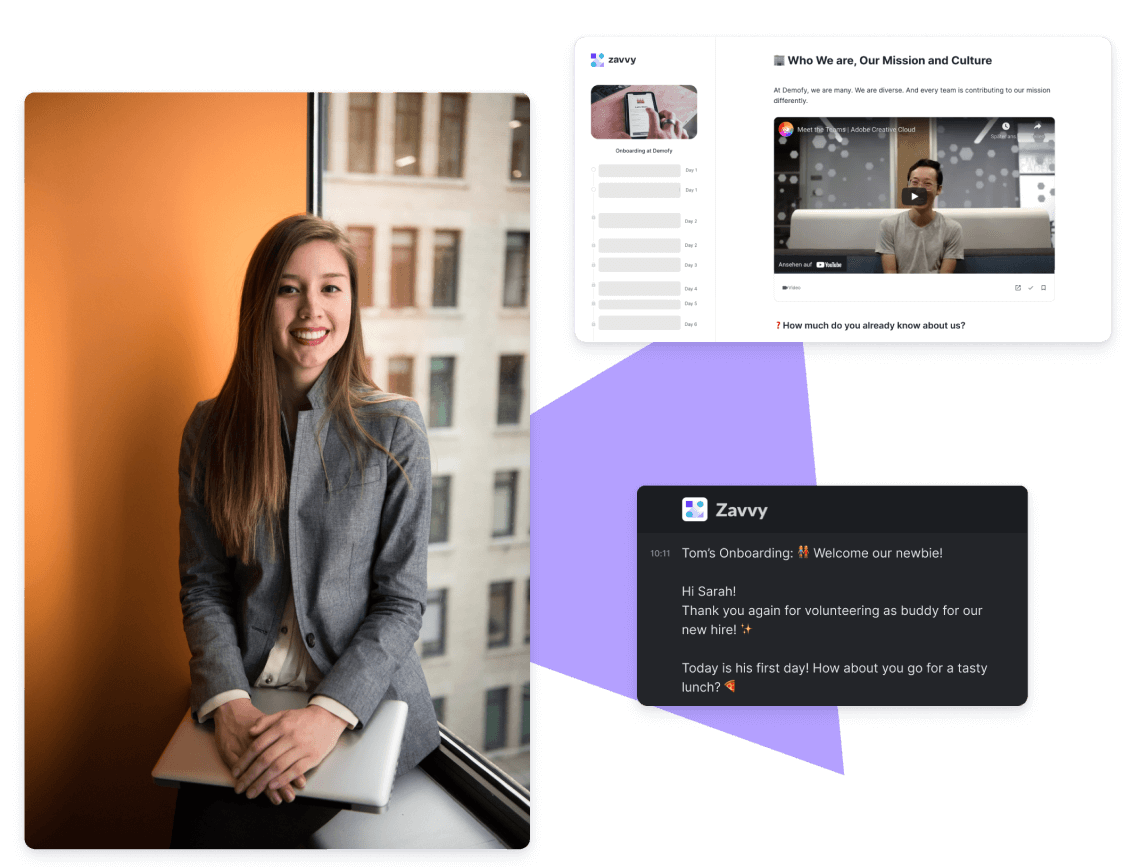



















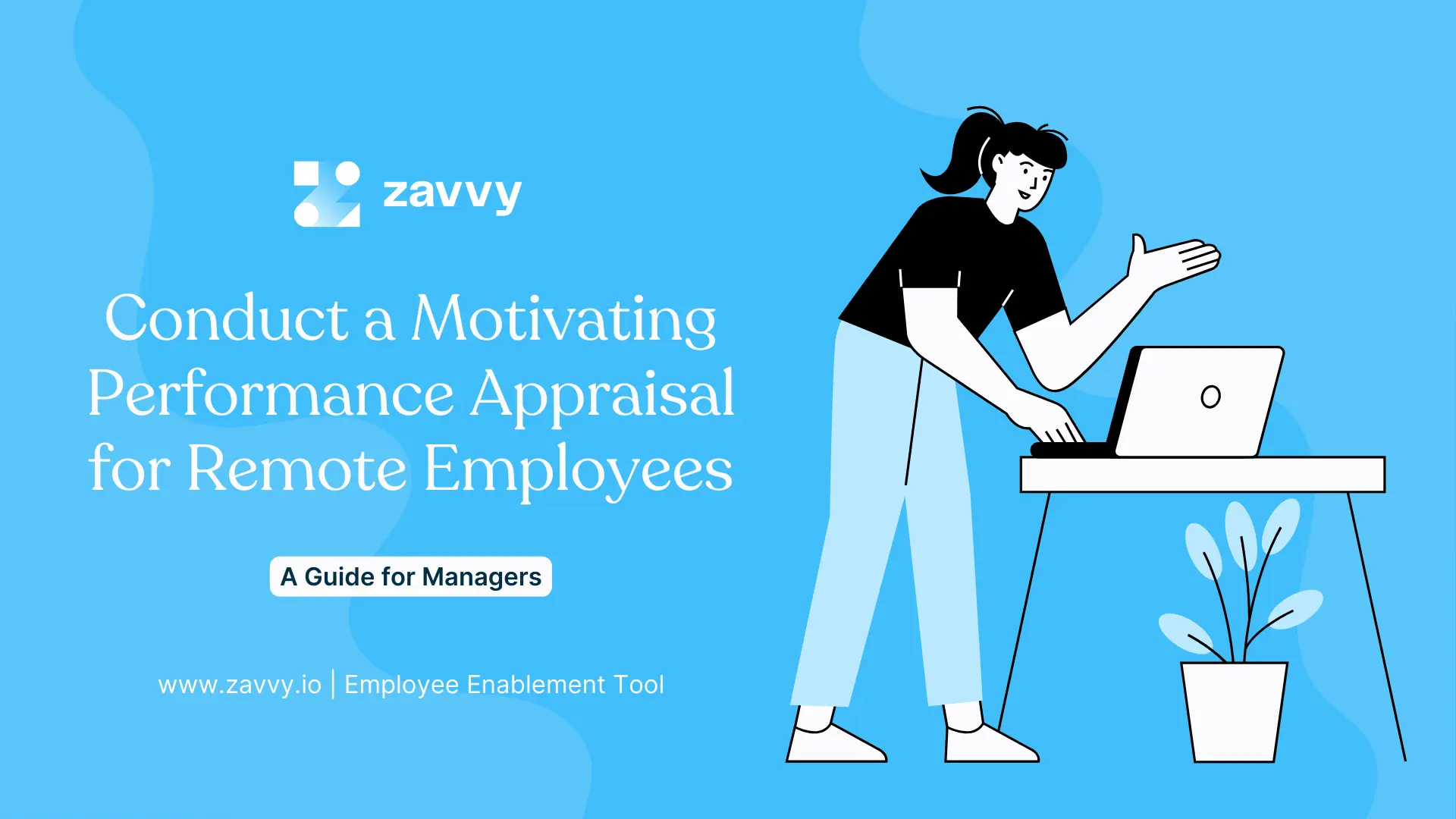
.png)







